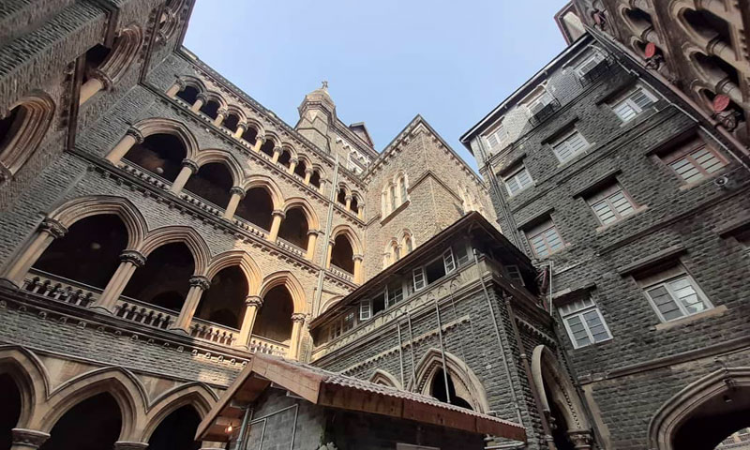NCLT Has No Jurisdiction To Examine Legality Of Action Taken Under MPID Act: Bombay High Court
Nitish Kashyap
20 Nov 2020 7:30 PM IST

Next Story
20 Nov 2020 7:30 PM IST
The Bombay High Court has held that the National Company Law Tribunal has no jurisdiction to examine the legality or validity of action taken under the Maharashtra Protection of Interest of Depositors (In Financial Establishments) Act and it is only the designated Court constituted under Section 6 of the said act that will have exclusive jurisdiction to deal with the same.Division bench...
